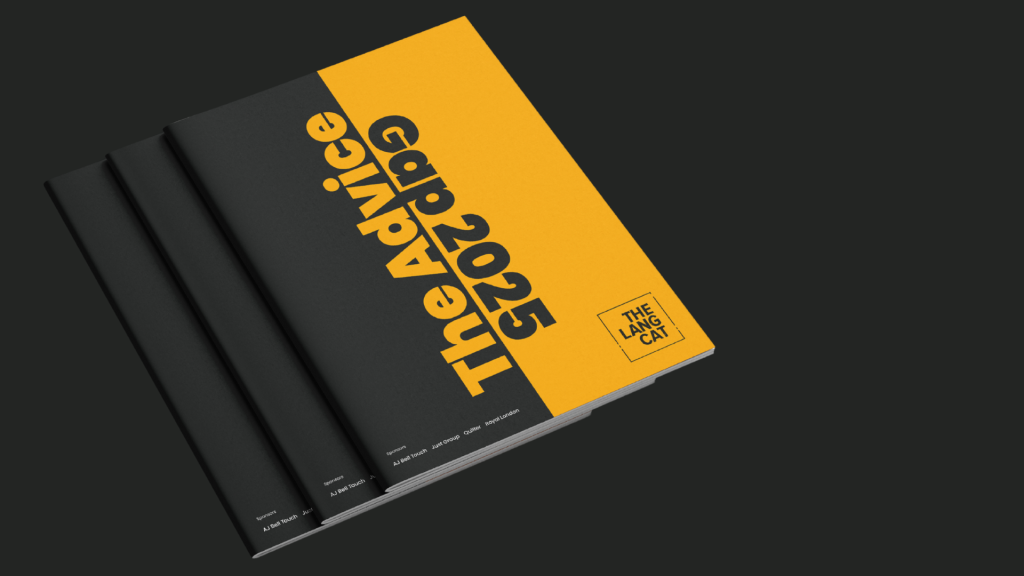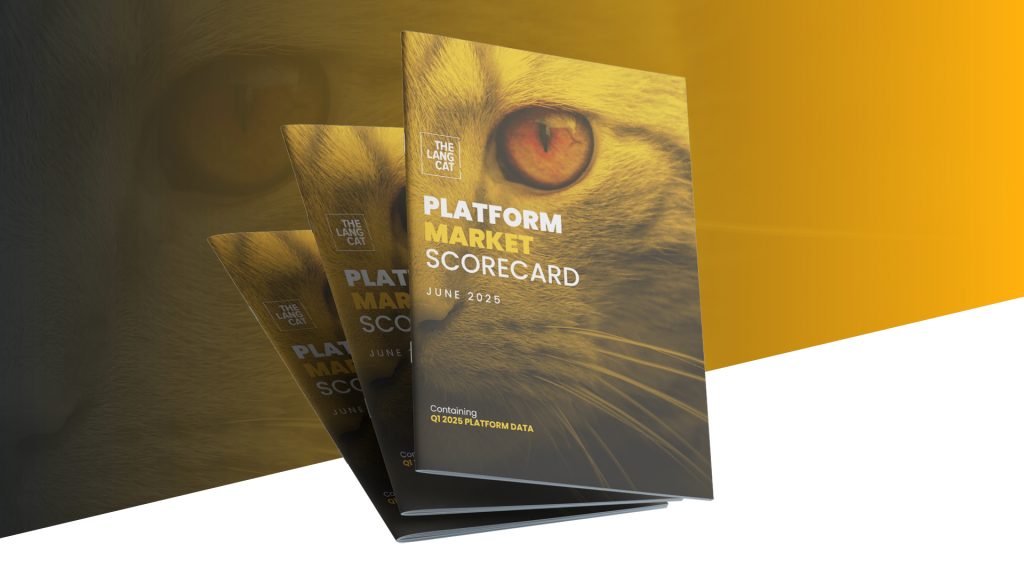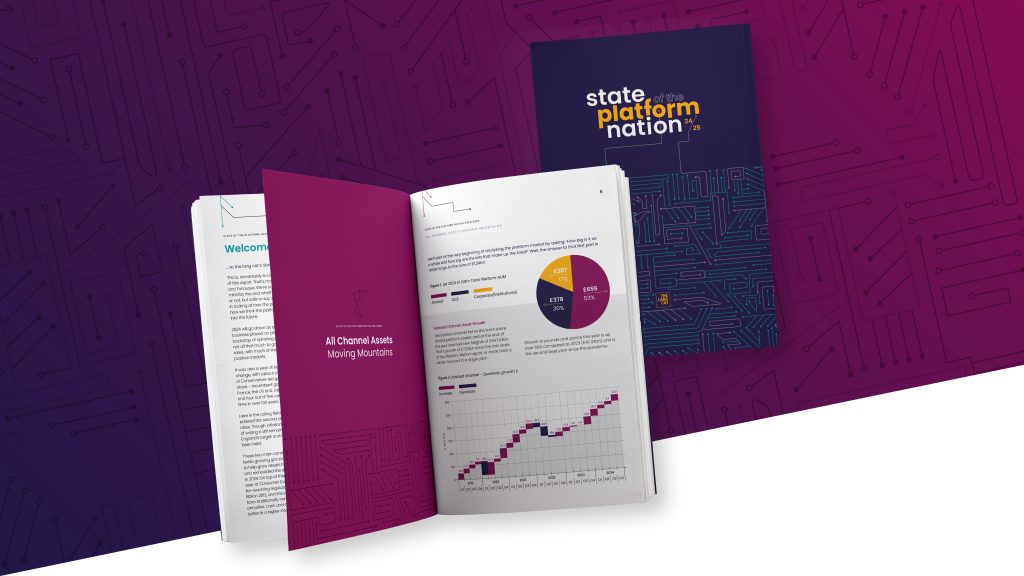Service means a lot of things to a lot of different people. It’s so subjective it can be hard to put your finger on. Why do we so frequently combine a whole load of service-related activities into a single rating or award? Why has that gone on for so long? Does it help the people they’re aimed at? Can we make things better?
This paper aims to challenge the status quo and inertia that’s built up in the sector for many years. You can download a copy using the button to the left.
It’s intended to:
- highlight how this is a complex subject that will benefit from fresh thinking
- help advice professionals better understand what elements of service are most important to them
- imagine a different version of the future where firms don’t have to take a leap of faith before partnering with a new provider.
Our three thoughts to challenge
Service is a catch-all phrase where even the word itself means different things to different people, but service equals satisfaction.
Service is experienced differently by different role types. Furthermore, service is experienced differently according to different adviser firm types and propositions.
The advice profession can’t currently assess service until the point of actually experiencing it.
This paper isn’t a direct criticism of providers, who we know are full of good people trying to do the right thing. Nor is it a criticism of the advice profession who are often simply caught in the crossfire of decisions outside of their control. No, it’s a look at systemic, structural issues that build over time and reach a point where we should demand better.
As we’re in the rare position of speaking to so many different types of firms for so long, we’ve got our own ideas about what service means and how it’s identified and measured. We know how hard this nut is to crack. Not least because we ask firms to measure the service they get from the providers they use every six months, and we’ve been challenging ourselves as to whether we’re helping fix the situation or contributing to the problem we’ve outlined in this paper. Time to take our own medicine perhaps? As we often say about other parts of the sector, no-one gets to live in a consequence-free world.
Webinar
In this webinar the lang cat’s Natalie Holt and Steve Nelson are joined by abrdn’s Jonny Black and Siân Davis Cole from Planworks, to discuss the main findings of the paper and the implications for the future.
Supporter
This paper is free to download thanks to the generosity of our supporter, abrdn.






